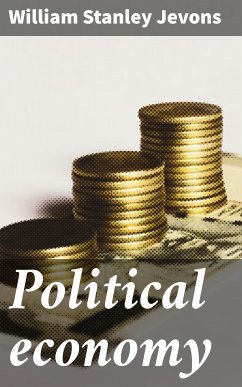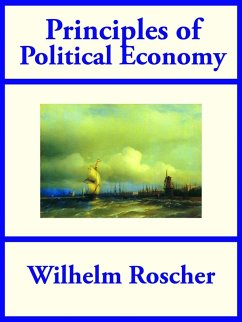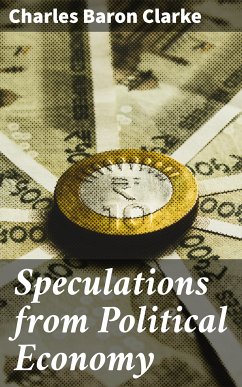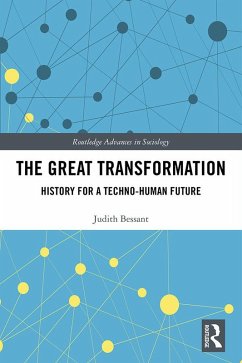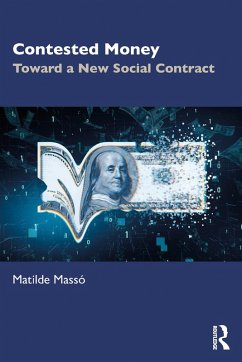
Political economy (eBook, ePUB)
Versandkostenfrei!
Sofort per Download lieferbar
0,49 €
inkl. MwSt.
Weitere Ausgaben:

PAYBACK Punkte
0 °P sammeln!
In "Political Economy," William Stanley Jevons presents a pioneering examination of economic theory through the lens of utilitarianism and marginalism. Written in the late 19th century, this work occupies a crucial position within the context of classical economics and the emerging neoclassical paradigm. Jevons employs a clear and systematic literary style, combining rigorous mathematical analysis with accessible prose, making complex concepts understandable for a broader audience. He introduces the notion of utility as central to decision-making processes, which reflects the evolving dialogue...
In "Political Economy," William Stanley Jevons presents a pioneering examination of economic theory through the lens of utilitarianism and marginalism. Written in the late 19th century, this work occupies a crucial position within the context of classical economics and the emerging neoclassical paradigm. Jevons employs a clear and systematic literary style, combining rigorous mathematical analysis with accessible prose, making complex concepts understandable for a broader audience. He introduces the notion of utility as central to decision-making processes, which reflects the evolving dialogue on the value of commodities and human behavior in market dynamics. William Stanley Jevons, an influential British economist and logician, laid the groundwork for modern economic thought. His keen interest in the principles of utility and efficient resource allocation can be traced back to his scientific background and involvement in the study of logic. Jevons's commitment to empirical observation and his dissatisfaction with prior economic theories propelled him to advance these ideas, culminating in this seminal text that challenges traditional views on value and exchange. For anyone interested in understanding the foundations of economic theory and its practical implications, Jevons's "Political Economy" is an essential read. It not only serves as an intellectual milestone in the evolution of economics but also encourages readers to contemplate the broader societal impacts of economic decisions. This work is invaluable for students, scholars, and practitioners seeking to deepen their comprehension of economic principles and their relevance in contemporary discourse.
Dieser Download kann aus rechtlichen Gründen nur mit Rechnungsadresse in A, B, BG, CY, CZ, D, DK, EW, E, FIN, F, GR, H, IRL, I, LT, L, LR, M, NL, PL, P, R, S, SLO, SK ausgeliefert werden.




